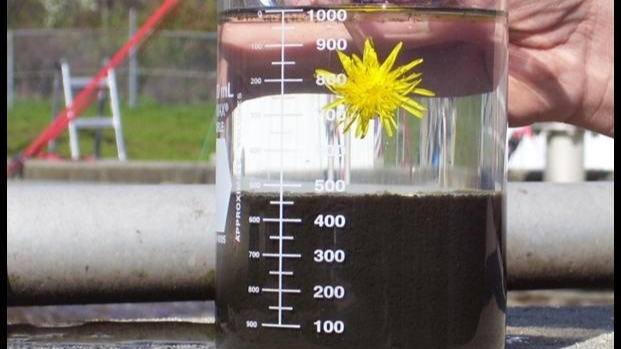Evoqua Water Technologies has been selected by United Utilities and its design and construction partner, Advance Plus, to supply Evoqua’s BioMag® ballasted clarification system to reduce phosphorus at both the Horwich and Burnley Sewage Treatment Works in Lancashire.
Algal blooms and poor river ecosystems are triggered by high levels of phosphorus in the river, which can come from a variety of sources, including agriculture and treated wastewater. To help combat the blooms and restore water bodies to “good” status, the UK Environment Agency’s Water Industry National Environment Programme (WINEP) is imposing low phosphorus limits on many wastewater treatment plants, including Horwich and Burnley. The introduction of the BioMag system will significantly decrease the amount of phosphorus that the works discharges, making this an important step to achieving compliance with the new phosphorus limit of 0.25 mg/l of total phosphorus (T-P).
“By adopting this innovative new technology at both our Burnley and Horwich Wastewater Treatment Works, we will be able to deliver our new phosphorus commitments at a significantly lower whole life cost than a conventional treatment solution,” stated Lisa Mansell, Chief Engineer – Innovation, for United Utilities.
The BioMag system uses the addition of magnetite – iron oxide particles – to enhance the existing activated sludge process. As a result, the settlement across the existing final settlement tanks is greatly improved, resulting in significantly better effluent quality. As a result of enhancing the existing activated sludge process, no further treatment is required. The BioMag system will help United Utilities reduce both total suspended solids and phosphorus before the treated water discharges into the local rivers.
“For Horwich and Burnley, the new BioMag system will be installed to reach the new phosphorus limit,’’ explains Simon Radford, UK Sales Manager of Evoqua’s Wastewater Treatment division. “As an alternative to adding a tertiary solids removal step, the BioMag system simply enhances the existing performance of the activated sludge process and allows more treatment capacity to a better quality.”



